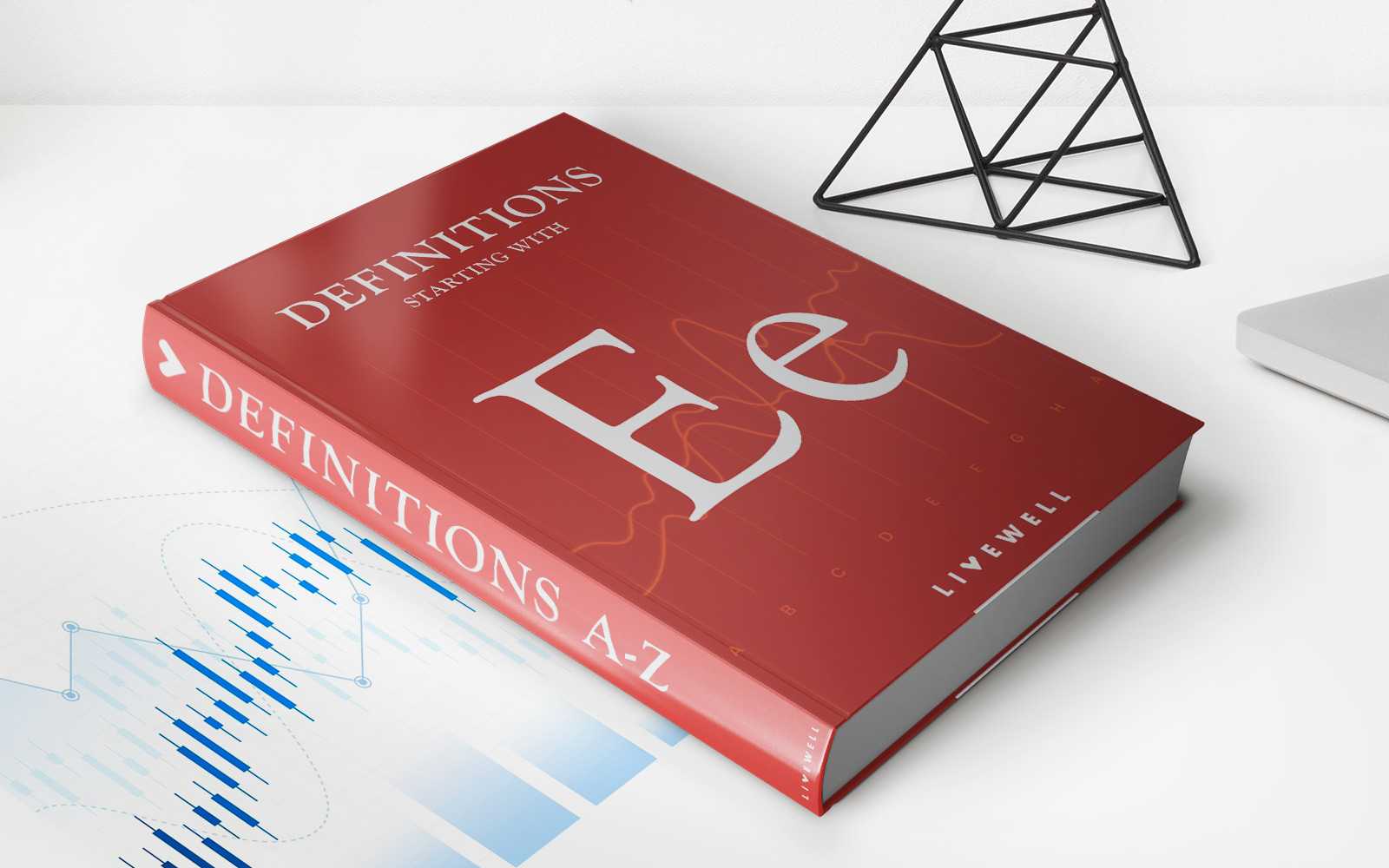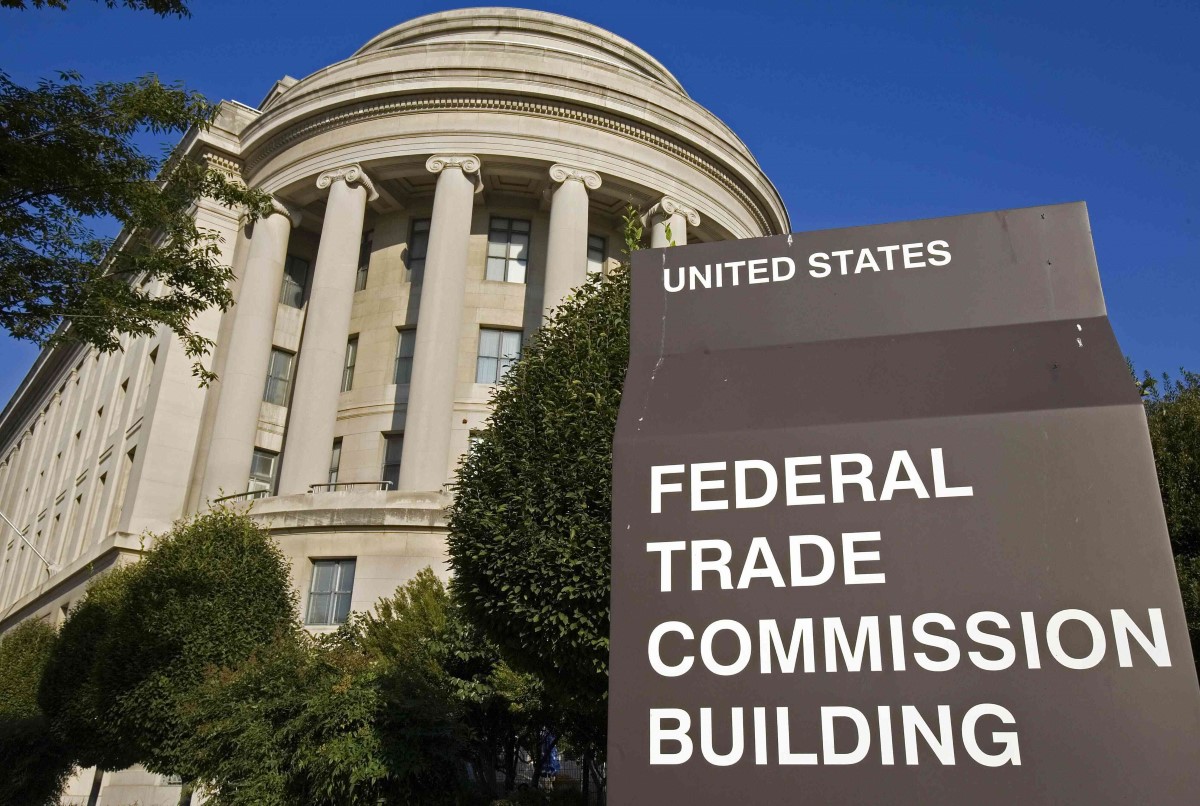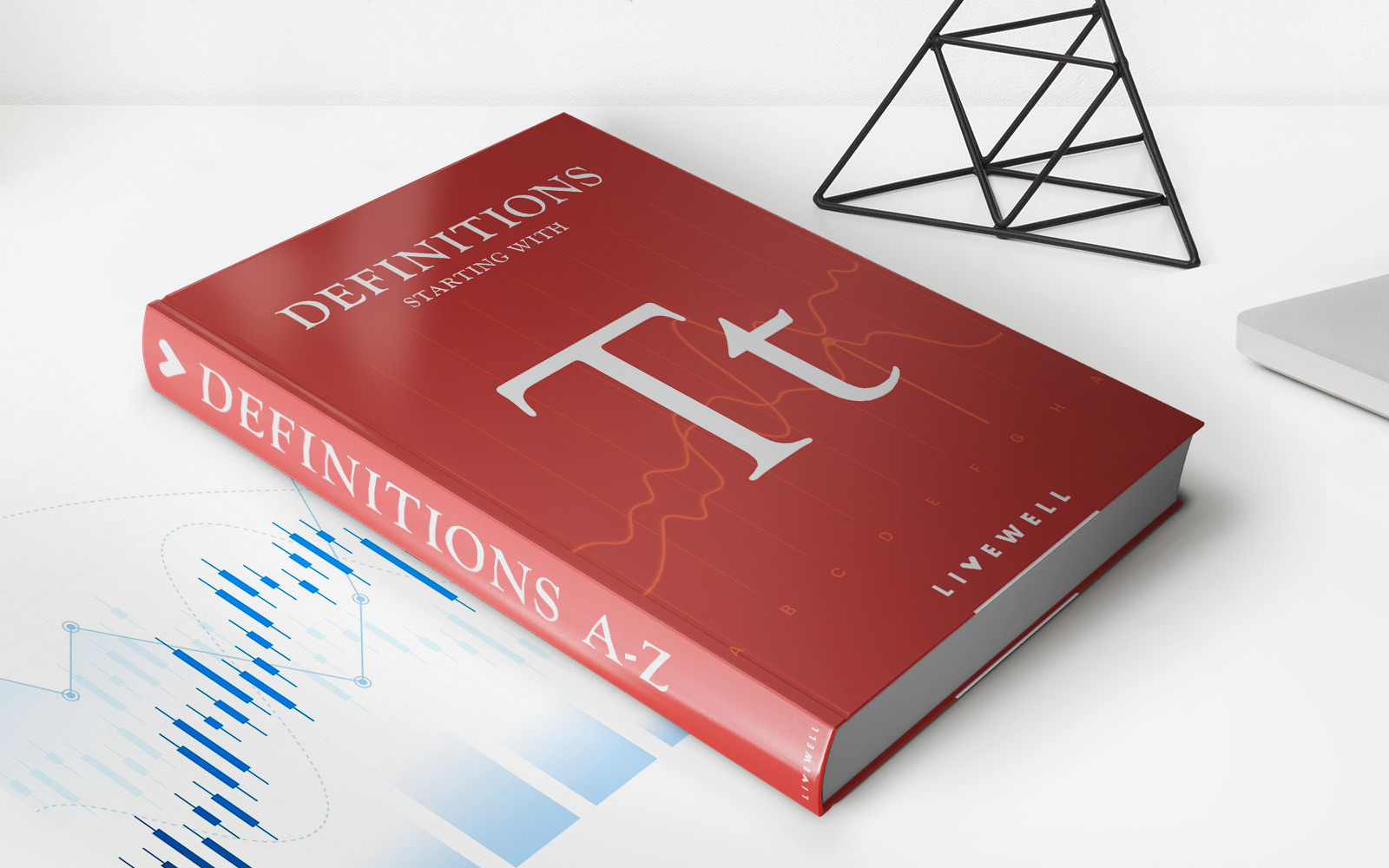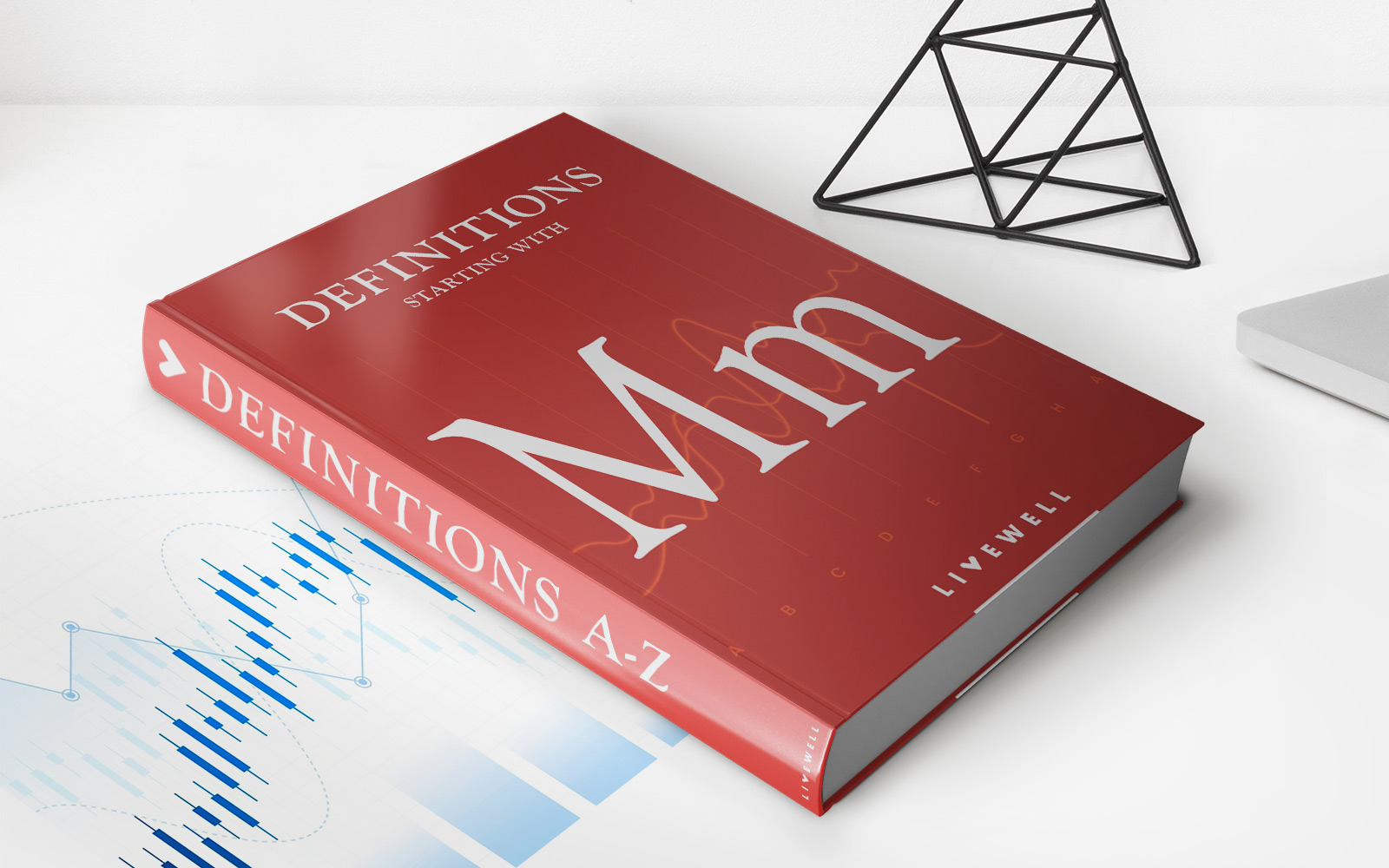Home>Finance>Futures Commission Merchant (FCM): Definition, Role, Registration


Finance
Futures Commission Merchant (FCM): Definition, Role, Registration
Published: November 29, 2023
Looking to understand the role and registration process of a Futures Commission Merchant (FCM) in the realm of finance? This guide provides a comprehensive definition and insights.
(Many of the links in this article redirect to a specific reviewed product. Your purchase of these products through affiliate links helps to generate commission for LiveWell, at no extra cost. Learn more)
Understanding Futures Commission Merchant (FCM): Definition, Role, Registration
When it comes to navigating the world of finance, it’s essential to understand the various entities that play a crucial role in facilitating transactions and ensuring market transparency. One such entity is a Futures Commission Merchant (FCM). But what exactly is an FCM, and what role does it play? In this blog post, we will explore the definition, role, and registration process of an FCM to shed light on this vital aspect of the financial industry.
Key Takeaways:
- An FCM is a financial intermediary that acts as a link between investors, traders, and the various futures exchanges.
- FCMs are responsible for executing trades, holding customer funds, and ensuring compliance with regulatory requirements.
What is a Futures Commission Merchant?
A Futures Commission Merchant (FCM) is a financial institution or individual that acts as an intermediary in the futures markets. Their primary role is to facilitate the trading of futures contracts between investors and the various futures exchanges. FCMs play a crucial role in ensuring market liquidity and transparency by connecting buyers and sellers and executing the trades on behalf of their clients.
The Role of an FCM
FCMs assume several key responsibilities within the financial ecosystem:
- Trade Execution: FCMs are responsible for executing trades on behalf of their clients. This includes placing orders, monitoring market conditions, and ensuring the timely execution of transactions.
- Customer Account Management: FCMs maintain customer accounts, holding funds and assets used for trading. They provide customers with access to their account information and ensure the smooth transfer of funds in and out of their accounts.
- Risk Management: FCMs play a critical role in managing and mitigating risks associated with futures trading. They monitor market conditions, implement risk management strategies, and provide guidance to clients on risk mitigation.
- Regulatory Compliance: FCMs must adhere to stringent regulatory guidelines to ensure the fair and transparent functioning of the futures markets. This includes maintaining accurate records, reporting trades and positions, and implementing robust internal controls.
Registration Process for an FCM
Becoming a registered FCM involves a thorough application process. Here are the essential steps:
- Submission of Application: Interested parties must submit an application to the regulatory authorities, such as the Commodity Futures Trading Commission (CFTC) in the United States.
- Background Checks: The regulatory authorities perform rigorous background checks on the applicant, including financial and character assessments.
- Financial Requirements: FCMs must meet certain financial requirements to demonstrate their ability to handle customer funds and maintain sufficient capital.
- Risk Assessment: The regulatory authorities assess the risk management policies and procedures of the applicant to ensure they have appropriate measures in place to mitigate potential risks.
- Approval and Ongoing Oversight: Once all the requirements are met, the applicant receives approval and becomes a registered Futures Commission Merchant. They are subject to ongoing oversight and periodic audits to ensure compliance with regulatory standards.
Conclusion
In summary, a Futures Commission Merchant (FCM) is a vital player in the financial markets, acting as an intermediary between traders and futures exchanges. FCMs facilitate trades, manage customer accounts, mitigate risks, and ensure compliance with regulatory requirements. Understanding the role and responsibilities of an FCM is crucial for investors and traders seeking to navigate the complex world of futures trading.
Demo text: This blog post provides a comprehensive overview of Futures Commission Merchants (FCMs), including their definition, role, and registration process. By understanding the importance and responsibilities of FCMs, investors can make more informed decisions when engaging in futures trading.














